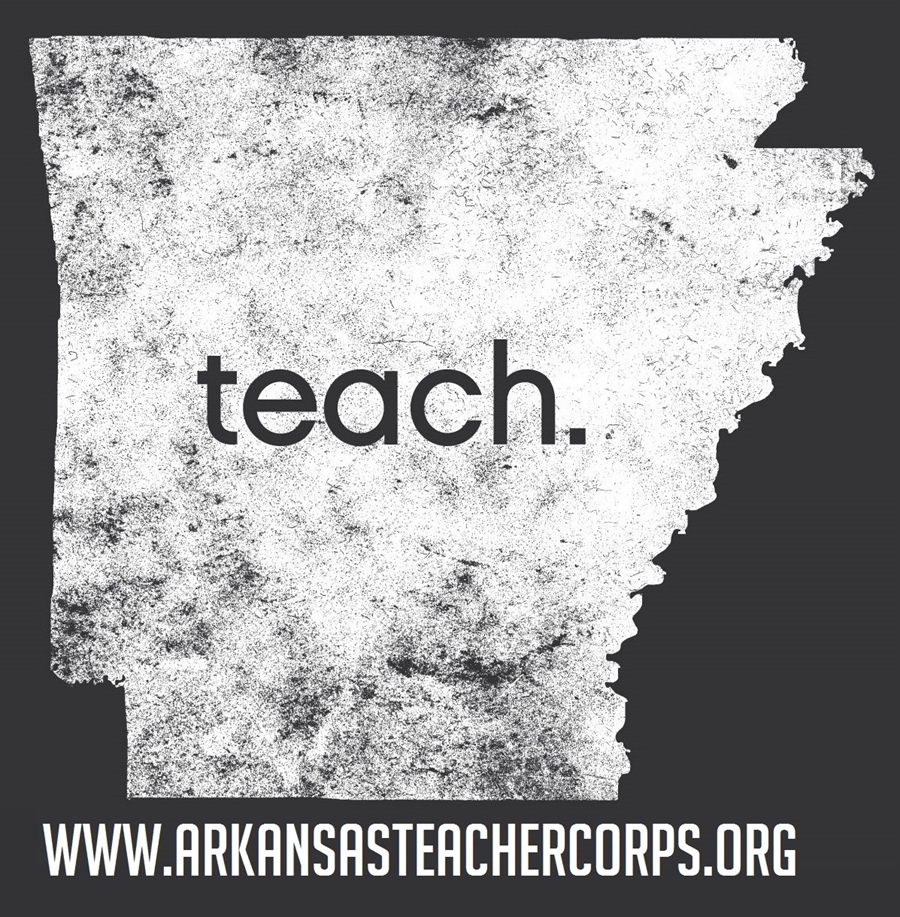Arkansas Teacher Corps Supports Student Learning With Record Number of Fellows
The Arkansas Teacher Corps, a program housed within the College of Education and Health Professions at the University of Arkansas, has successfully placed 31 new Fellows in Arkansas schools for the 2016-17 school year.
Fellows commit to three years of teaching in high-need districts that often face teacher shortages and challenges associated with rural poverty. This is the fourth cohort of teachers placed by Arkansas Teacher Corps, which first began serving Arkansas schools in 2013.
The 2016 cohort represents the largest number of Fellows to date. In total, there are 56 Fellows (from the 2014, 2015 and 2016 cohorts) serving in 29 schools across 20 districts in the southern and eastern areas of the state. ATC Fellows hold diverse educational backgrounds from math, science and business to visual arts, literature, world languages and theater. They teach in a variety of content areas including math, English, Spanish, social studies and drama.
Across the three cohorts, the connections to Arkansas remain strong: the majority of Fellows are serving in their home state and represent 15 of Arkansas' colleges and universities. This year, as ATC broadened its outreach efforts, the newest group of Fellows also includes five teachers from other states.
Gary Ritter, holder of the Twenty-First Century Endowed Chair in Education Policy, who founded the program in 2012 and serves as faculty director, is enthusiastic about the program's future.
"The growth of ATC is indicative of the need for more qualified teachers in economically disadvantaged areas across the state of Arkansas," Ritter said. "We continue to recruit and attract highly qualified individuals who build strong relationships with all stakeholders in the communities where they teach and work to improve the lives of students in high-poverty schools."
The Arkansas Teacher Corps is driven by its mission to "recruit, train, and support exceptional, social justice-oriented individuals to serve as teachers for Arkansas students who need them the most." Applicants selected as Fellows must pass all required educator licensure tests and participate in on-going professional development and coaching throughout their Fellowship. They are paid a first-year teacher's salary by their districts and receive a $15,000 honorarium from ATC in recognition of their commitment to Arkansas' students.
Arkansas Teacher Corps is now accepting applications for the 2017 cohort. The first application deadline is Oct. 30, but applications will continue to be accepted through March 5, 2017.
ATC is supported by the Arkansas Department of Education and collaborates with school districts and community organizations across the state.
Contacts
Shelley Aschliman, executive director
College of Education and Health Professions
479-575-5496, shelleya@uark.edu
Heidi Wells, director of communications
College of Education and Health Professions
479-575-3138, heidisw@uark.edu
